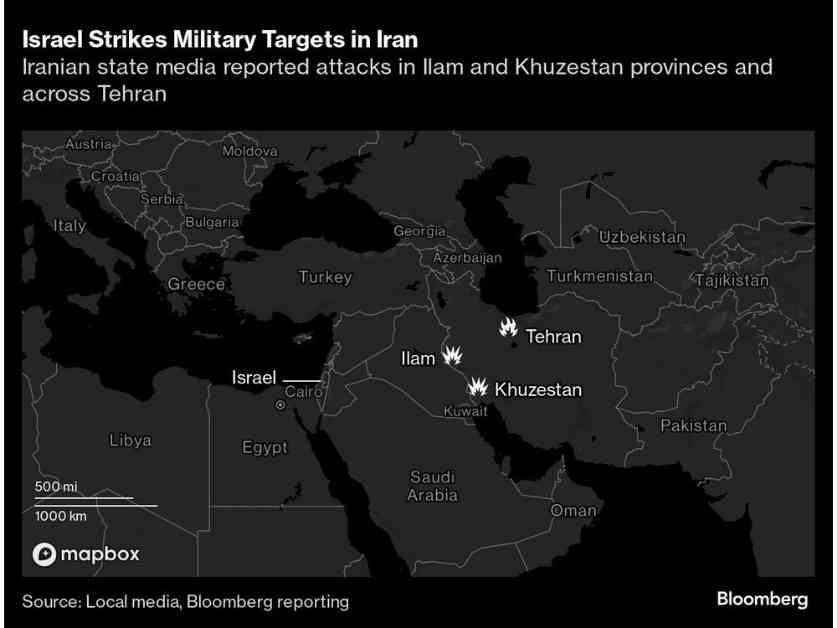Israel’s Strategic Gains from Attack on Iran: Analyzing the Impact
After Israel sent over 100 fighter planes to attack Iran, the Israeli government is treading carefully. They believe the attack caused significant strategic damage, but they want Iran to continue ignoring it.
Prime Minister Benjamin Netanyahu praised the mission for harming Iran’s defense capabilities and its ability to produce missiles. The strike was described as precise and powerful, achieving all its objectives.
Israeli officials, speaking anonymously, revealed that the targets included anti-aircraft systems like Russian-made S-300 batteries, missile caches, and launch sites. This attack could pave the way for future strikes on Iran’s nuclear program or oil infrastructure.
Analysts suggest that taking down Iran’s anti-aircraft systems opens the door for more attacks in the future. This vulnerability could make Iran’s nuclear program and energy infrastructure targets for Israel or the US.
CIA Director William Burns and Mossad Chief David Barnea are in Qatar discussing a cease-fire with Hamas in Gaza. The attack on Iran also highlighted China’s potential role in providing missile defense systems to Iran.
While the damage to Iran’s missile manufacturing capabilities can be repaired, it sends a strong message about Israel’s reach. The operation showcased Israel’s military capabilities, intelligence gathering, and cooperation with the US.
Iran’s Supreme Leader Ali Khamenei downplayed the attack, but emphasized Iran’s strength and determination. The impact of this attack could influence Iran’s response and future decisions regarding military actions.
Overall, Israel’s attack on Iran may have significant long-term implications for regional security and stability. The operation demonstrated Israel’s military prowess and signaled a shift in the balance of power in the region. The aftermath of this attack will likely shape future dynamics in the Middle East and influence decision-making by all involved parties.






















